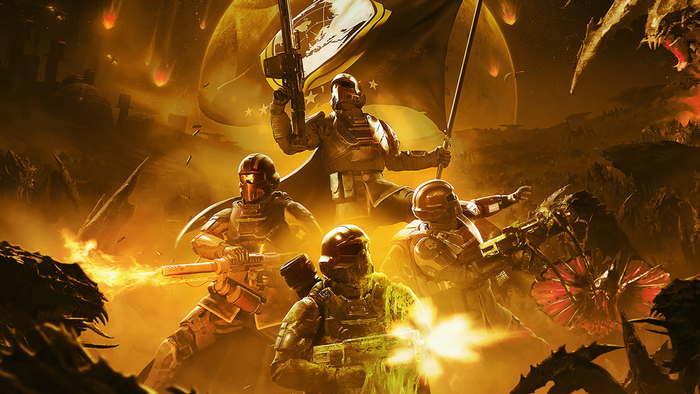Six Days in Fallujah is a political game
Six Days in Fallujah is a serious game about the Second Battle of Fallujah in the Iraq War. The developer claims they aren't making a political statement. Here's why they're wrong.

Six Days in Fallujah is a serious game about the Second Battle of Fallujah in the Iraq War. The developer claims they aren't making a political statement.
You can’t make a game about the second battle of Fallujah without talking about the Iraq war.
You can’t talk about the Iraq war without talking about the war on terror.
The war on terror is an inherently political subject.
You can't make a game about the second battle of Fallujah without making a political statement.
Even if you don’t intend to make a political statement, your audience will interpret one from your game. This is why Six Days In Fallujah got canceled in the first place. Konami pulled their funding after people complained that they were afraid the game would disrespect the deaths of real marines. It's better to take a clear political stance than to let the media interpret your stance when you're developing a game about a real-world event.
Making this game as a first-person shooter where you play as a coalition soldier in Fallujah is an inherently political choice. Players in multiplayer will always be depicted as coalition soldiers (similarly to how players in America's Army are always depicted as American soldiers) and this decision was made for political reasons. The developers could have chosen to make a civilian their protagonist like in This War of Mine, but they didn’t because that isn't the kind of story they want their game to tell. The FAQ page of their website mentions stealth levels where the player is an unarmed civilian, but these levels are not the focus of the game.
It can be difficult to make a game about controversial or traumatic real-world events, especially because your players may have been affected by that event or already have very strong opinions about the event. It can be challenging to tackle serious or difficult subjects in games because many people view games as fun and frivolous time-wasters meant for children.
Film, art, and literature have been able to tackle these kinds of subjects a lot easier. However, if you believe that games are an art form or that they can have the same cultural significance as film or literature, then we should strive to create games with cultural significance.
Schindler's List tackles some of the horrors of the holocaust, but it's risky to try and build a game about the holocaust. When you're trying to tackle a subject like this, you either do it right or horribly wrong.
If you're making a game about a recent real-world war or battle from a war, then you can't please everyone. If you're taking the perspective of one side of the conflict over the other side of the conflict, then you will anger or offend the other side of that conflict. Even worse, if you try to take both sides, then you're most likely going to offend or anger people on both sides of that conflict.
If Six Days in Fallujah is primarily intended as an educational game rather than as a memorial or a piece of propaganda, then the team should be talking about the lack of education about the Iraq war and the importance of educating people about the war, but this will also require taking a clear stance on the war and educating players about the reasons the battle happened.
Read more about:
BlogsAbout the Author(s)
You May Also Like













